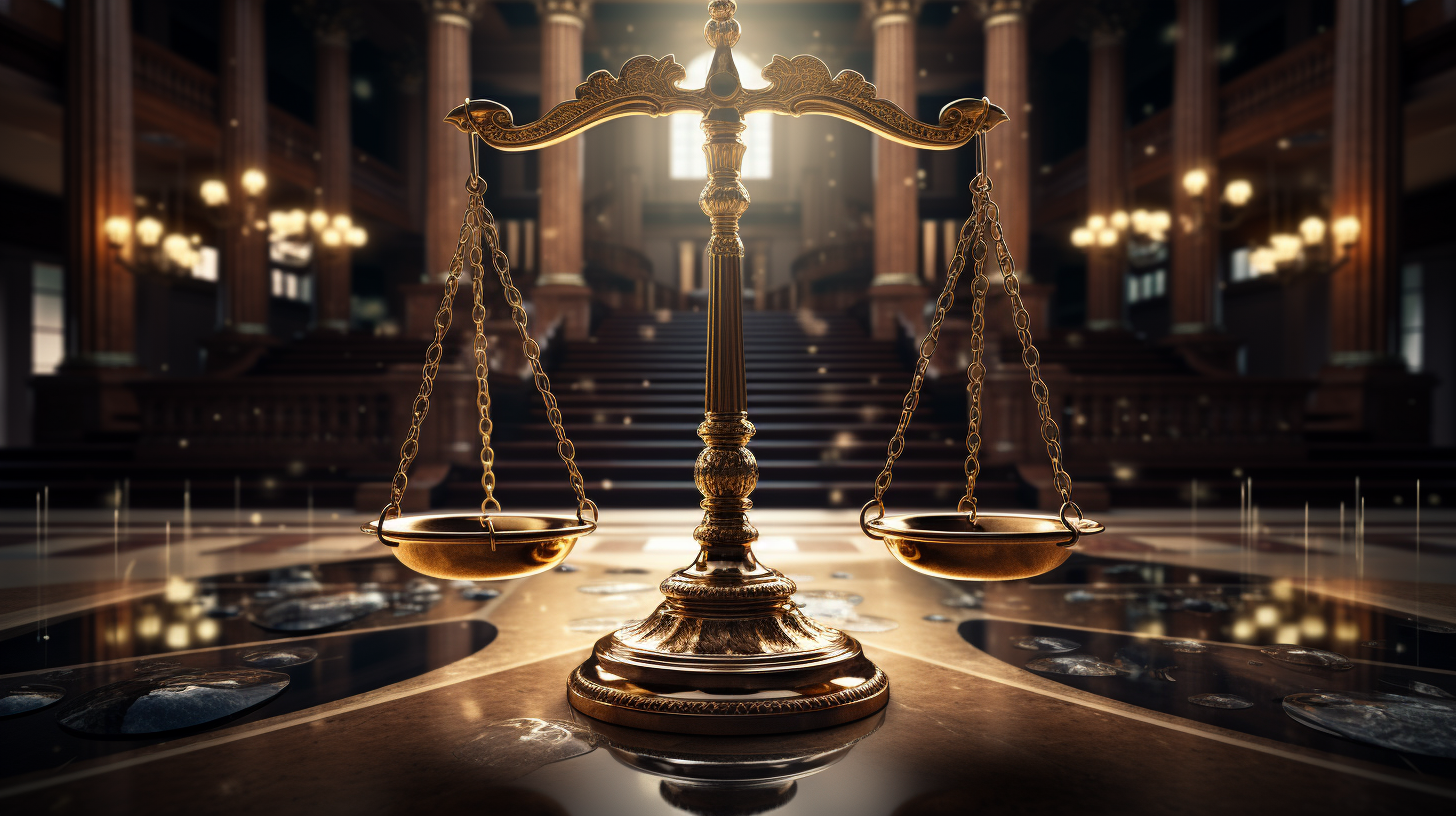Introduction
The emergence of blockchain technology has heralded a new era in various sectors, but perhaps none so intriguing as in the realm of justice. Blockchain’s immutable nature has laid the foundation for a revolution in judicial processes, evolving them into what can be termed as ‘Next-Gen Justice’.
Reimagining Judiciary in the Digital Age
Imagine a court system where the evidence is incorruptible, the proceedings are transparent, and the verdicts are executed automatically. Blockchain makes this possible, turning courtrooms into a domain of absolute trust and efficiency. Smart contracts, a type of Ethereum-based protocol, can enforce agreements without human intervention, thus preventing fraud or misinterpretation.
Trust, But Verify
Skepticism about automation in legal processes often revolves around the adage ‘trust, but verify’. However, blockchain’s distributed ledger offers a verifiable record that does not rely on trust alone. It encapsulates the potential to make legal documentation tamper-proof and easily auditable by anyone, removing the shadows of doubt that often plague courtroom drama.
Smart Contracts and Dispute Resolution
Cognitive computing and smart contracts are already taking strides in simplifying dispute resolution. As noted in the previous article ‘Who Will Shape the Future of Crypto Arbitration?’, they represent a hybrid model of justice, combining code with human discernment. The idea of smart contracts acting as mediators comes alive as they could handle simple disputes automatically, referring more nuanced or complex matters to human arbitrators.
The Challenges Ahead
However, it’s not all smooth sailing. The implementation of blockchain in judiciary systems brings challenges, such as ensuring the digital divide does not impede access to justice and adapting current laws to cater to the nuances of blockchain. Moreover, there’s an ongoing debate on how much autonomy should be granted to algorithmic adjudicators and where to draw the line for human intervention.
Cutting-Edge Case Studies
There are already several case studies that shine a light on the potential for blockchain to innovate justice. For instance, ‘crypto-cities’ have piloted projects where local disputes are resolved through blockchain arbitration. Cross-border legal issues are also looking at blockchain solutions to ensure uniformity in evidence presentation and argumentation.
Looking Forward
The future may see courtrooms equipped with blockchain infrastructure, facilitating not only a more transparent justice system but also enabling the enforcement of international regulations with greater ease. The potential for blockchain to streamline and bolster judicial processes is immense, promising a world where justice is not only blind but also unbiased and unyielding.
Conclusion
The intersection of blockchain and judicial processes is an evolving narrative. It’s crucial for the legal community to keep abreast of technological advancements to prepare for the forthcoming ‘Next-Gen Justice.’ With blockchain’s immutable ledger, the justice system can become a beacon of reliability and trustworthiness, redefining the age-old institution in the eyes of a digital society.
